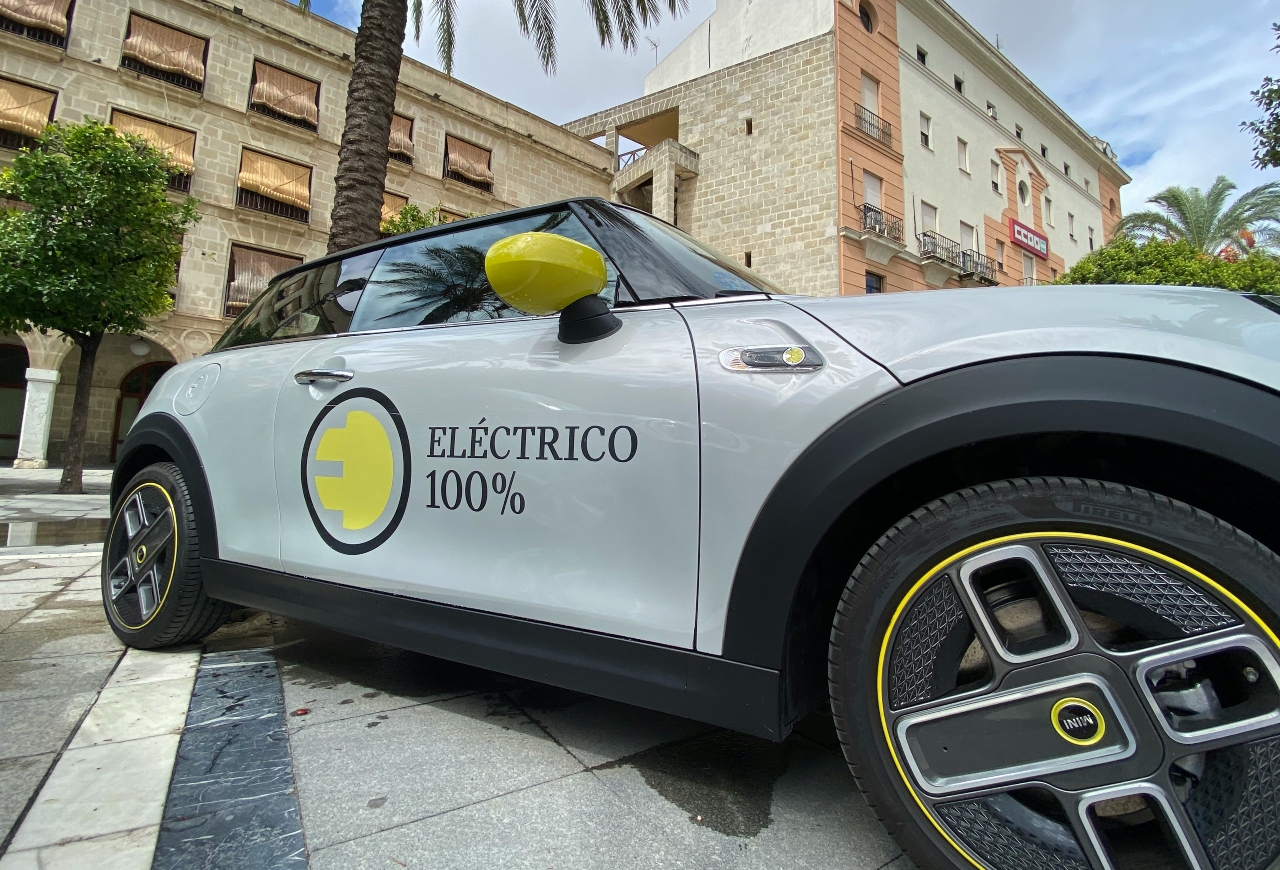After a tough start to the year, confidence has returned among impact founders and investors in Europe, a new report by Swedish venture capitalist Norrsken VC said.

Seventy-five percent of impact investors are planning to boost their allocations in the next five years, while 60% have a favourable outlook on impact companies in Europe, an online survey of 660 impact founders and investors across Europe has said. The report, European Impact Index 2025, was conducted in May and June by Norrsken VC, which revealed that only 6% of those surveyed said they expect to invest less.
“At the start of this year, let’s be honest, the mood around impact investing wasn’t exactly upbeat. Between geopolitical tensions, shaky markets, and shifting policies, a lot of people were asking: is the momentum around impact fading?,” said Agate Freimane, general partner at Norrsken VC.
“Fast forward six months, and the picture couldn’t be more different. Even we were surprised by the results of this survey: impact optimism is back. And it’s not built on hype or political headlines, it’s grounded in market fundamentals and real technological progress,” Freimane said.
Norrsken VC is the venture capital arm of the non-profit Norrsken Foundation, which was launched in 2016 by Niklas Adalberth, a co-founder of fintech Klarna. It backs companies solving society’s biggest challenges with scalable potential across all of the 17 UN Sustainable Development Goals.
Challenges
Although there is renewed optimism about the future, the report warned growth may be held back by red tape, with half of impact founders saying the different regulations between EU member states have prevented them from scaling up their business. Founders in sectors such as robotics, security, health, energy, fashion and finance were most affected by the fragmented regulatory landscape, while traditional industries such as legal and manufacturing reported fewer barriers.
“The next decade of sustainable innovation won’t be won by tech talent or capital alone –Europe must create the regulatory frameworks that make it the best place to build transformative companies,” said Willem Vriesendorp, co-founder of Norrsken House Brussels and founder of Sustainable Hub.
AI efficiency
Just over half (52.4%) said technological developments were the key driver of impact investments. Limited partnerships (LPs), venture capitalists, private equity and family offices said energy and electrification was their most attractive sector to invest in, driven by lower prices for renewables, energy security concerns, the cost-of-living crisis, and rising electricity demand fuelled by AI. Industrials and healthcare were the favourite sector of VCs and generalist LPs, largely thanks to increased AI-driven efficiency in both sectors.
“In industry after industry, AI is becoming the engine that drives smarter, more efficient solutions across the board. Even sectors once considered hard to transform, such as food systems or heavy manufacturing, are now finding new ground where impact and market potential align. Together, these sectors are laying the foundation for Europe’s next economy, one built on efficiency and long-term value creation,” said Fabian Erici, principal at Norrsken VC.
Both founders and investors ranked Sweden as the most attractive country for impact. Germany came second among investors, thanks to its industrial strength and fast-emerging clean-tech sector, followed by the UK. Spain and the Netherlands were the top choices of impact founders, largely thanks to their supportive impact ecosystems and thriving startup landscapes, according to the report.






